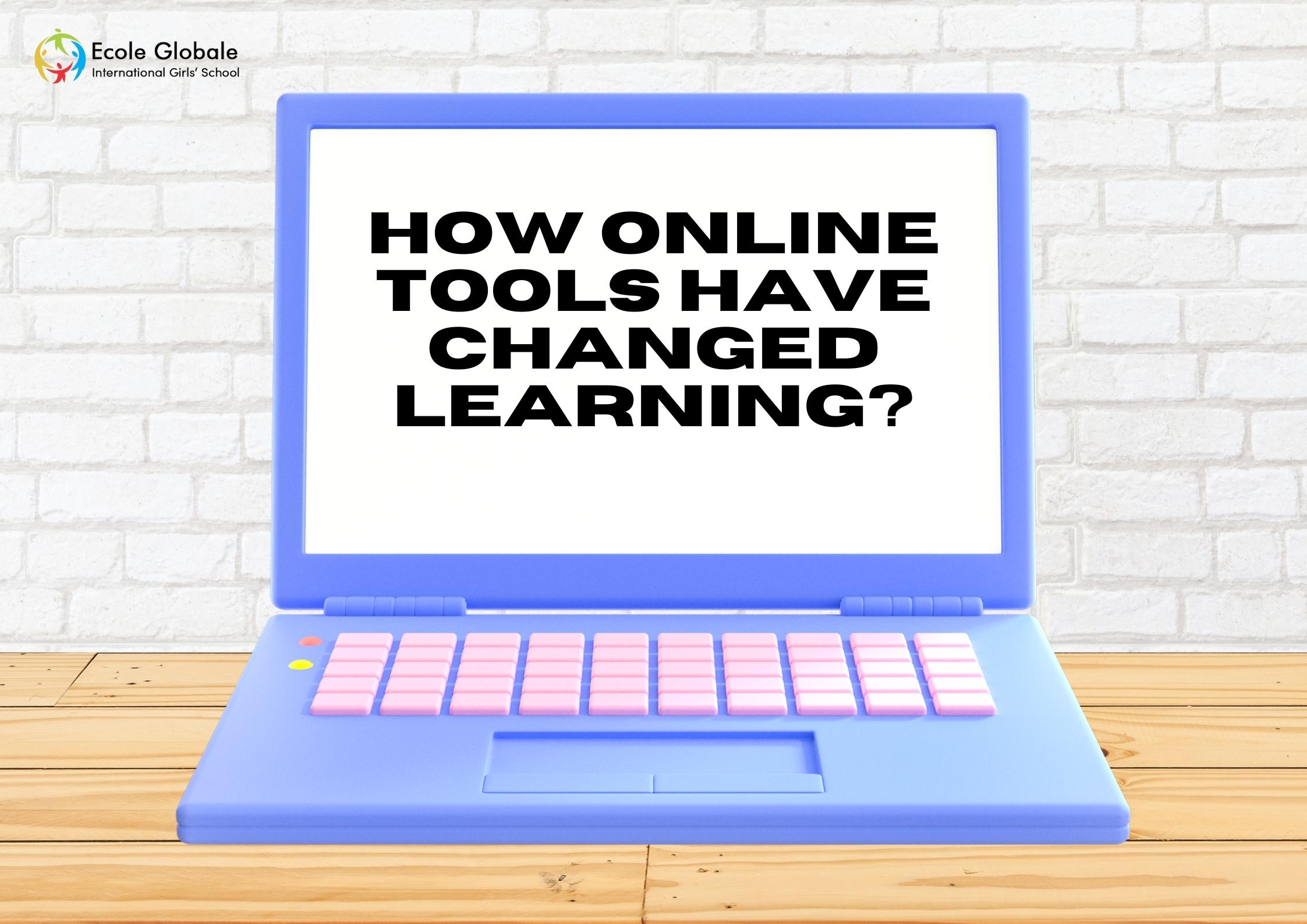As per research conducted by a top girls boarding school in Dehradun, the internet has changed our lives in many ways, and the education system is no exception. It is a great advantage to be able to learn about the world wide web from anywhere at any time. If you don’t have access to a traditional classroom environment then a lot of the learning experience is going to be online. Whether you’re taking an online class or studying something because you want more skills for your resume, joining an online learning community that meets your needs can make all the difference.
The internet has changed the way we learn. That’s a bold statement, but it’s true: online tools have made learning more accessible than ever before. And this is just the beginning! As we move forward into the future, we’ll see more and more people taking advantage of online resources to learn new skills and build their careers.
The landscape of how we learn is changing dramatically.
Environments, time, equipment and distractions are all different than they were before. These changes have opened up new possibilities concerning learning and teaching. One of the fastest-growing education communities online is MOOCs (Massive Open Online Courses). The best online tools are now allowing students to access materials, share their thoughts and connect with others in both surprising and extraordinary new ways.

One thing is clear — learning has changed, and it’s being driven by the availability of tools that let us do so anywhere and anytime.
Have you ever wondered how online tools have changed learning?
You’re not alone.
So what exactly is an online tool? It’s any resource that’s available through your computer or phone. That includes everything from YouTube lessons to e-books and podcasts. You can even use these tools to learn how to code!
The beauty of these resources is that they’re always available—you don’t have to worry about missing school because of bad weather or traffic problems (as long as you have access to a computer).
And since they’re online, anyone with an internet connection can access them anywhere and at any time.
It’s hard to believe that the Internet is only 25 years old. It’s changed our lives in ways we never imagined, and one of the ways it has changed learning is by providing so many more opportunities for students to learn online.
Online tools have changed learning in several ways.
1- In the past, students were limited by their teachers’ availability and by the fact that they could only get help during class time. Now, with online tools like Google Scholar, Wikipedia and Khan Academy, students can self-study anytime they want.
2- Online tools have also made it easy for teachers to create content and share it with their students. With such a wealth of information available online, teachers no longer have to create lessons from scratch — they can use resources created by others instead.
3- Also, thanks to collaborative learning platforms like Edmodo and Google Classroom, teachers are no longer required to be in charge of everything in their classrooms. Students can work together on projects in real-time — sharing ideas, solving problems and getting feedback from one another as they go along.
4- They’ve made students more independent and allowed them to work at their own pace and start realizing the importance of education planning. They’ve increased access to educational content, which has helped students from all over the world study subjects that are not available in their local schools. And they’ve created opportunities for collaboration and sharing that would have been impossible before the advent of the internet.
5- Students can use virtual classrooms to work together with other students, who may be in different time zones or countries, to complete projects and assignments together. This allows them to build relationships with their classmates that might not otherwise be possible.
6- But they’ve also made it harder to learn how to learn. Before the internet was invented, you could only get information from books and experts. Now anyone can post their opinions on the web and claim to be an authority on any subject. If you want to be an expert at anything, you need to know how to separate fact from fiction online.
7- They also have access to social networking sites such as Facebook and Twitter, which can be used to share ideas and collaborate with other learners.
8- The Internet has also made it easier for students to find expert opinions on their topics of study. This is particularly relevant when writing essays, where students can use online research to back up their arguments.
9- Online tools have changed the way we learn in another important way: they offer us a wealth of resources that can be accessed at any time from anywhere in the world. This means that students are no longer limited by their geographical location when it comes to accessing these materials; they can learn from anywhere with an Internet connection and a computer or mobile device.
Online learning has also helped reduce costs for schools, as they no longer have to employ hundreds of teachers to teach a small group of students. This means that more money can be spent on improving the quality of education provided by these schools.

CONCLUSION
Learning has become broader than ever. The very ideas of what defines the knowledge, and how it is acquired or shared are rapidly changing. Tools like Wikipedia and digital simulations are the new apprenticeships and workshops of the digital age.
All in all, online tools have changed the learning experience by allowing teachers to expand their teaching horizons beyond the classroom. This has allowed men and women to develop new learning environments open to all types of learners.
We are experiencing a time of great change and innovation in the realm of education. It’s only now that we’re able to harness the power of technology for the betterment of learning. The possibilities for new services, software, and tools are virtually limitless. When you think about it, the web provides teachers with a gateway to a new world of teaching. This means that the internet will help all of us learn better and faster.
For any queries related to parenting, schooling, or any student-related tips, click here to check out our latest blogs









